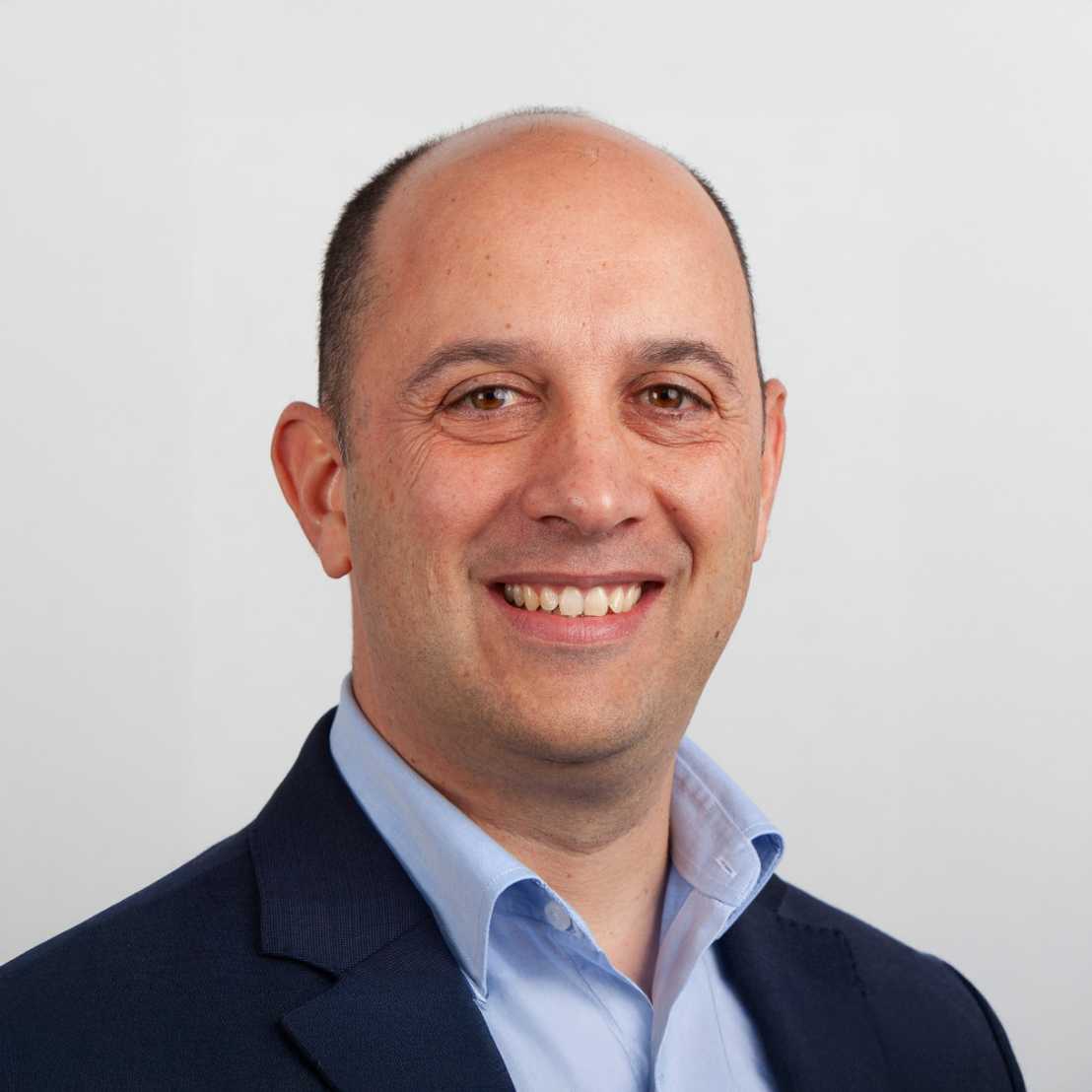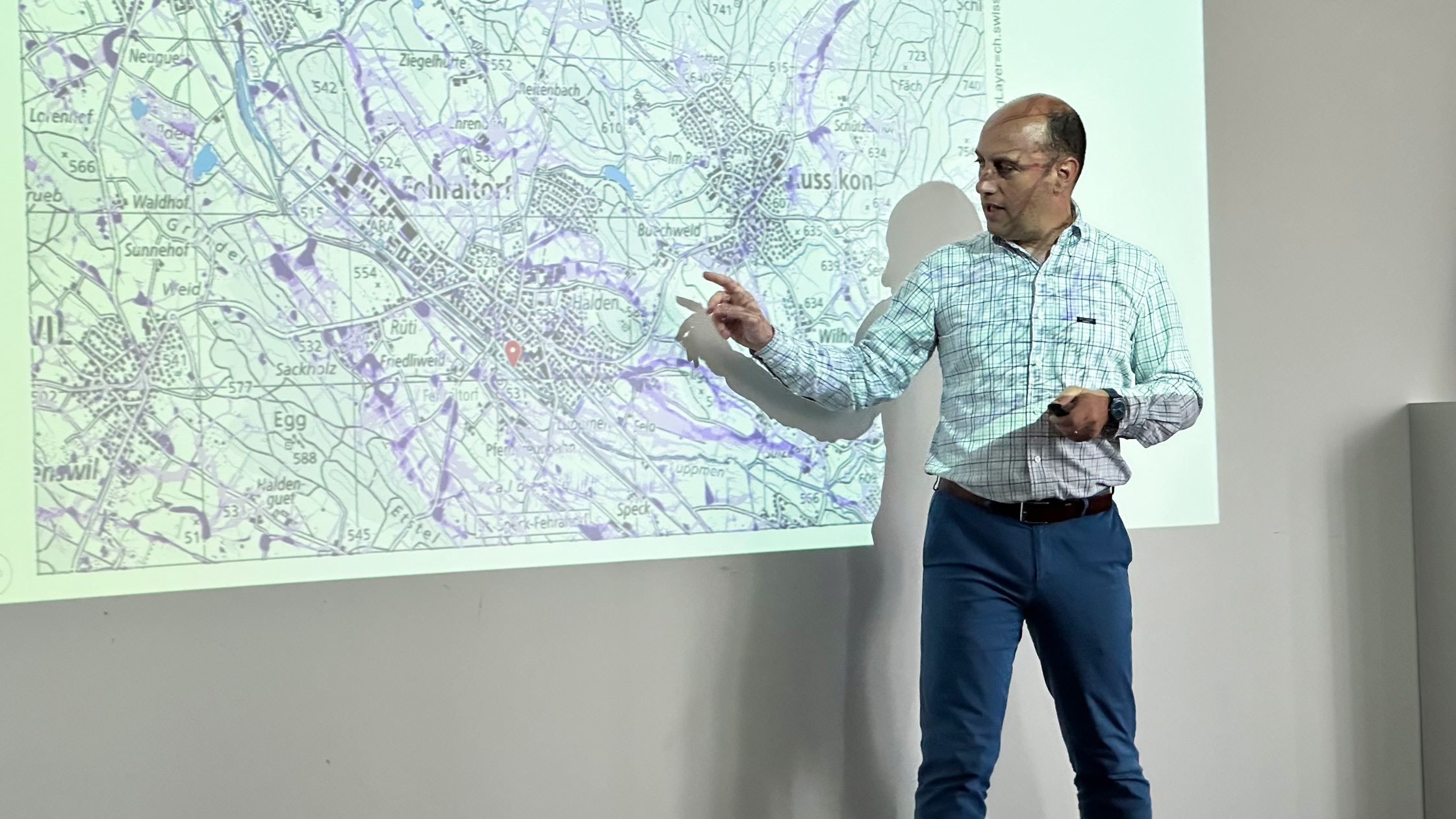Urban environmental challenges: Tackling the extremes
João P. Leitão develops innovative urban water management solutions to help cities tackle the challenges posed by climate change. Increasing temperatures and more frequent extreme weather events present major challenges to urban infrastructure. On the occasion of his appointment as Adjunct Professor, we asked what currently drives him in research and teaching.

Professor Leitão, congratulations on your promotion at ETH Zurich! What are your current research interests?
My research focuses on understanding the impacts of and developing solutions to mitigate urban pluvial flooding and heat wave hazards in cities. I am particularly interested in creating data-driven flood prediction models and leveraging new computer vision methods to extract flood data, such as water depth and surface flow velocity, from images and videos. Simultaneously, I am exploring the role of urban water, along with blue and green infrastructure, in mitigating urban heat impacts. We use Computational Fluid Dynamics (CFD) models to assess the effects of water availability on evaporative cooling and investigate the potential of impervious surface wetting to enhance human thermal comfort in cities. In addition, I am studying how urban water infrastructure (e.g., pipe networks and blue-green systems) evolves over time and how data and models can support proactive maintenance of these systems.
What can you tell us about the impact of your research on society?
My research is strongly oriented toward addressing environmental challenges that significantly impact society. Both pluvial flooding and heat waves are natural hazards that affect cities worldwide, causing damages ranging from minor property losses to severe disruptions and even loss of life. By developing strategies to mitigate these climate-related challenges in urban areas, my work contributes to enhancing city livability and improving citizens' quality of life. Additionally, my research on the active management of urban water infrastructure (including water supply, wastewater, and stormwater drainage systems) has a direct societal impact, as these services are fundamental to urban life.
Where were you working before you came to ETH?
I worked as a scientist and group leader at Eawag starting in 2014, maintaining a close collaboration with the Chair of Urban Water Systems at ETH. Prior to moving to Switzerland to join Eawag, I was a scientist at LNEC (the Portuguese National Laboratory for Civil Engineering) in Lisbon, where I focused on urban water asset management as well as pluvial flood risk modeling and management.
What courses are you most excited about teaching at ETH?
Teaching is a deeply rewarding activity for me. My lectures on flood risk modeling and assessment are closely linked to my research, providing a valuable opportunity to transfer recent scientific knowledge to students. I also find great interest in teaching urban water asset management, as the topic deals with infrastructure that is largely invisible – buried underground and often overlooked, despite its crucial role in urban life. Additionally, this course emphasizes the management of engineering assets, a subject that is sometimes outside the comfort zone of engineering students. Finally, engaging with students during lectures allows me to learn from their perspectives, which I find highly motivating.
What do you do if you have a few minutes to spare?
I would take the opportunity to challenge a colleague or friend to a coffee or tea break, or go for a short walk.
Do you have a general philosophy or motto you try to live by?
“If the plan does not work, change the plan, not the goal.”
What advice would you give to students who are just starting out in (environmental) engineering?
I see environmental engineering as a powerful toolkit that shapes how cities develop to address the impacts of climate change, urbanization, and emerging technologies. This directly influences both our current way of life and the future of urban living. My advice to students is: Environmental engineering offers a unique opportunity to contribute directly to solutions that improve environmental sustainability and enhance human quality of life.
What book, podcast or movie related to your research field would you recommend to students and colleagues?
Not being able to decide on the one or the other thing related to my field of research, I suggest a book external page Water for All: Global Solutions for a Changing Climate, a great podcast external page The Grand Challengers Podcast, and a short video: external page Infrastructure – from John Oliver’s Tonight Show. I hope you enjoy these suggestions!
